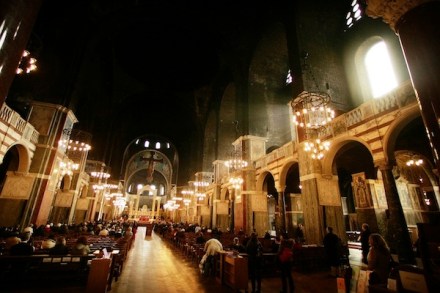The Spectator’s Notes | 3 January 2013
‘The rain is ever falling, drip, drip, drip, by day and night… The weather is so very bad, down in Lincolnshire, that the liveliest imagination can scarcely apprehend its ever being fine again.’ That is Dickens in the 1850s (Bleak House). It is a similar story here in Sussex as the year 2013 comes in. I usually have no objection to ‘bad’ weather, but the worst of this is that the land is so saturated that man, motorised vehicle and mounted beast is effectively banned from the fields, as if there were an outbreak of foot-and-mouth. So perhaps I am sitting and brooding too much; but it does seem to













